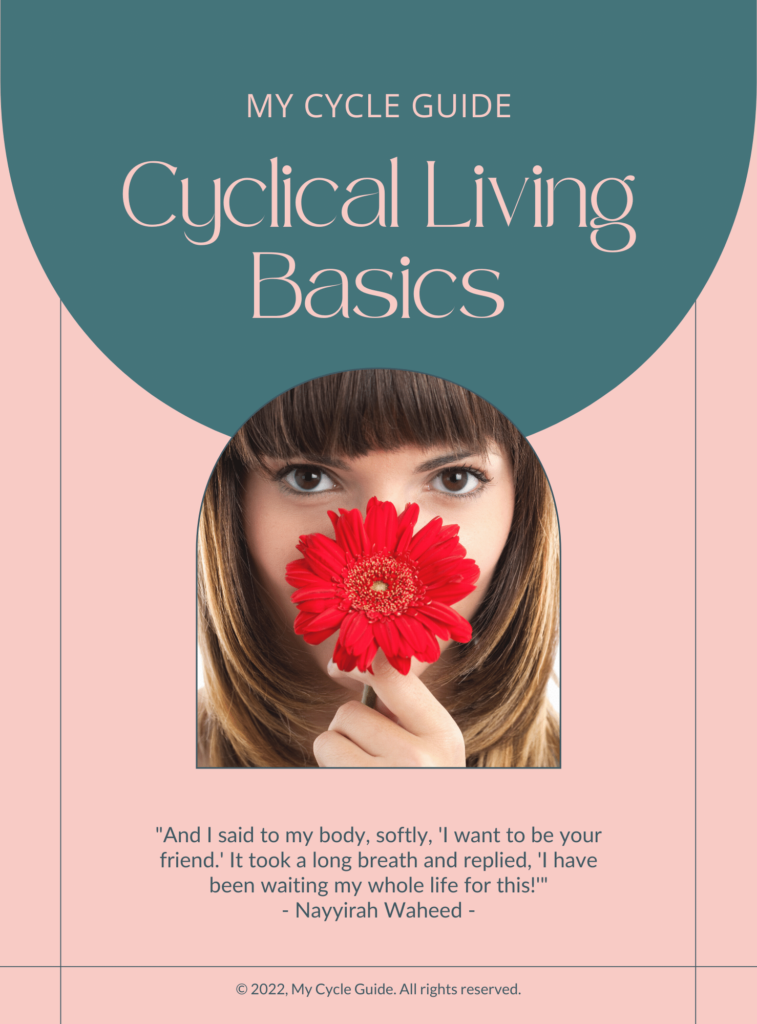What are Birth Control Pills?
Birth control pills, also known as oral contraceptives, are medications women take to prevent pregnancy. They typically contain female hormones — either a combination of estrogen and progestin or progestin alone.
How do Birth Control Pills Connect with Your Menstrual Cycle?
Birth control pills work by manipulating the hormonal patterns of the menstrual cycle. They prevent ovulation (the release of an egg from the ovaries), make the mucus in the cervix thicker (which makes it harder for sperm to enter the uterus), and alter the lining of the uterus, making it less likely for a fertilized egg to implant.
Types of Birth Control Pills
There are two main types of birth control pills: combined oral contraceptives and progestin-only pills. Combined pills contain synthetic forms of both estrogen and progesterone, while progestin-only pills (also known as mini-pills) contain only synthetic progesterone.
How do Birth Control Pills Affect Your Hormones?
Birth control pills deliver a consistent level of hormones to your body. This prevents the natural cyclical fluctuations that would normally trigger ovulation and prepare the uterus for potential pregnancy. By stabilizing these hormone levels, birth control pills inhibit the processes necessary for conception.
Using Birth Control Pills for Pregnancy Prevention
When used correctly, birth control pills can be highly effective for preventing pregnancy. It’s essential to take the pill every day at the same time to maintain consistent hormone levels.
Consequences of Misusing or Not Understanding Birth Control Pills
Misuse or misunderstanding of birth control pills can lead to unintended pregnancy. In addition, birth control pills can have side effects, including mood changes, changes in menstrual flow, and, in rare cases, more serious health risks like blood clots. It’s important to discuss these potential side effects with your healthcare provider.
Guidelines for Taking Birth Control Pills
Birth control pills are typically taken once a day. It’s important to take the pill at the same time each day to maintain a consistent level of hormones in your body. If you miss a pill, follow the instructions provided with your pill pack or consult with your healthcare provider.
Birth Control Pills and Emotional Health
While some women report mood changes associated with birth control pill use, everyone’s experience is unique. If you notice significant mood swings or feelings of depression, it’s important to discuss these side effects with your healthcare provider.
Frequently Asked Questions about Birth Control Pills
- What are the side effects of birth control pills? Side effects can include nausea, breast tenderness, weight gain, mood changes, changes in menstrual flow, and decreased libido. In rare cases, serious risks like blood clots can occur.
- How effective are birth control pills? With perfect use, birth control pills are over 99% effective at preventing pregnancy. However, with typical use, their effectiveness is closer to 91%.
- Can you get pregnant on birth control pills? While birth control pills are highly effective, no method of contraception is 100% foolproof. If a pill is missed or taken late, the risk of pregnancy increases.
- Do birth control pills protect against sexually transmitted infections? No, birth control pills do not provide protection against sexually transmitted infections. Condoms should be used to reduce the risk of STIs.
- What’s the difference between combined pills and progestin-only pills? Combined pills contain synthetic forms of both estrogen and progesterone and are taken in a cycle of active hormone pills followed by placebo or low-dose estrogen pills. Progestin-only pills contain only synthetic progesterone and are taken every day without a break.
To understand more about fertility, its relationship with your menstrual cycle, how to track it, and manage related issues, refer to our Free Workbook – Guide to Tracking Your Menstrual Cycle and accompanying Cyclical Living Basics eBook.
